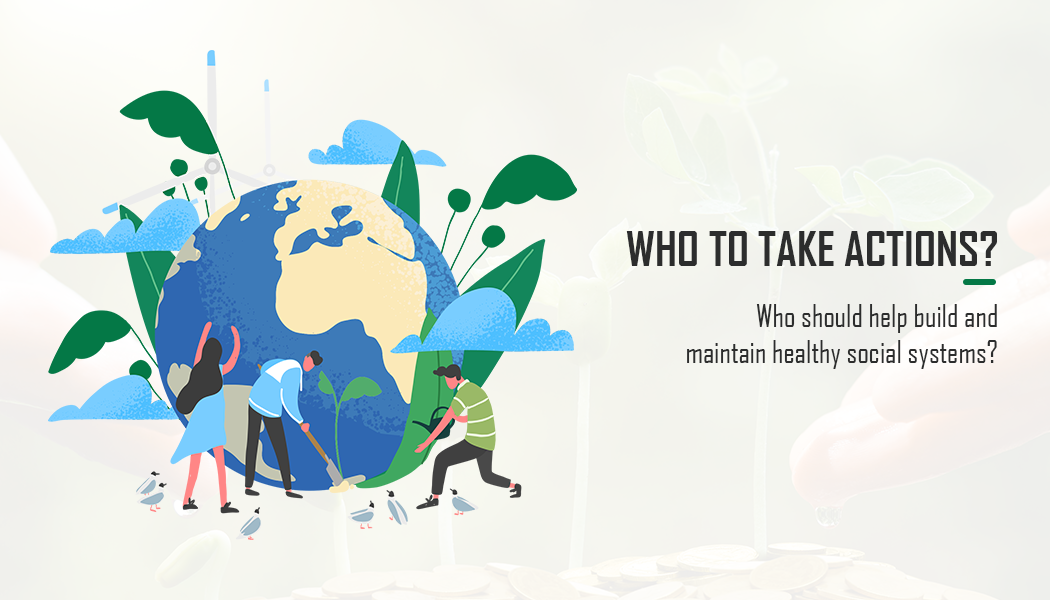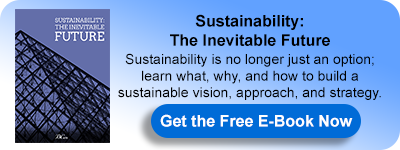Becoming the Change Agent of Sustainability (part III)
Tuesday, February 11, 2020
Author: Alice Chen
Social Sustainability Principles
In a socially sustainable society, people are NOT subject to structural obstacles* to:
- Health: people can maintain their health and meet their basic needs.
- Influence: people can make their voice heard and influence the things that influence them.
- Competence: people can learn and develop their competence.
- Impartiality: people are not subject to discrimination or unfair treatment.
- Meaning-making: people can feel the meaning to participate in society, and can create meaning for themselves.
*Structural obstacles: social constructions (can be political, economic, or cultural) that are firmly established and upheld by those with power, which are difficult or impossible to overcome or avoid by the people exposed to them.
[Source: 2019 SustainOnline OY]
If we violate the Social Sustainability Principles above, we will cause distrust, and undermine the other essential elements that make up healthy social systems.
Who to Take Actions?

Who should help build and maintain healthy social systems?
Looking at the definition of Social Sustainability Principles, one may think that the political, economic, and cultural leaders are the ones to take actions because they are the ones with the power to build or remove “structural obstacles” to health, influence, competence, impartiality, and meaning-making. Nonetheless, actions and innovations can happen at different levels and scopes.
Taking “sustainable workplaces” as an example, no matter where we work or how we work has a relationship with sustainability. Thus, if we look at the changes that need to happen in workplaces to achieve social sustainability, we would find action items at different levels that we may have access to.
For instance, you may be able to improve the facilities, which improve employees’ well-being (health), introduce a training program that improves workers’ skills (competence), or set up an anonymous feedback system that allows workers to voice their opinions (influence).
The understanding of sustainability principles, your strengths, your can-do attitude, and many more, together create a unique combination of what type of changes you can make. There are many social systems, such as families, communities, and companies, thus, anyone can have the power to be the change agent of a social system and to create sustainability strategies.
For more about the topic of sustainability, download our latest book " Sustainability: The Inevitable Future " for FREE:
